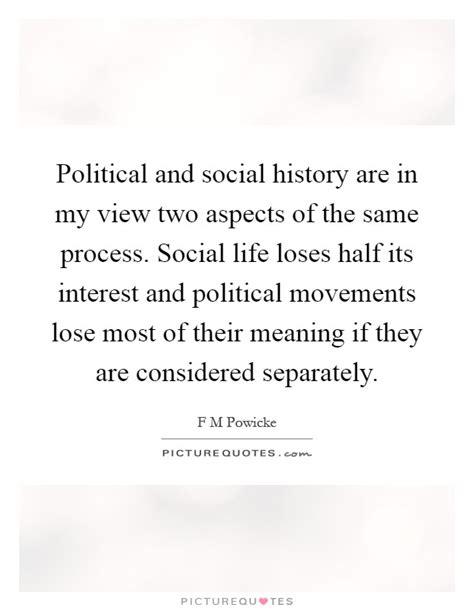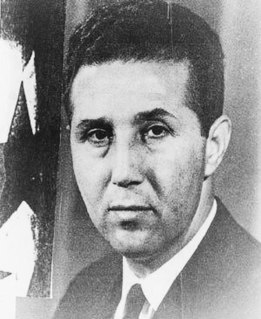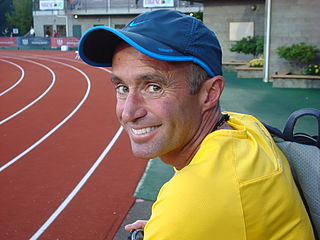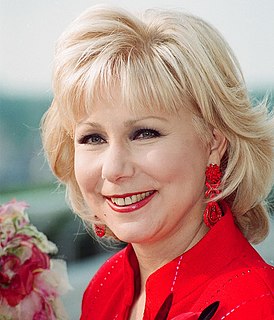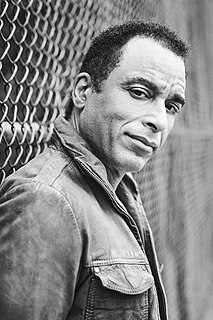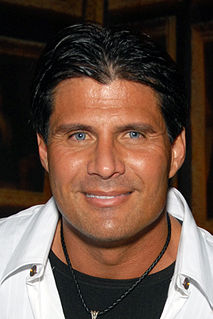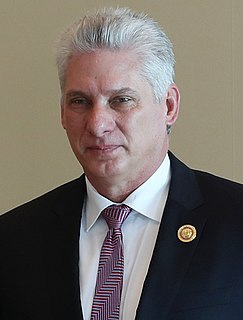A Quote by Alejandro Castro Espin
If we are going to talk about the most recent of the "Indignados" movements in several countries of the world, including Europe, those are social movements but eventually they will evolve into political movements. This will happen because the traditional bourgeois parties have lost credibility after being the main political influence in most countries of Latin-America and Europe in the last 50 or 60 years.
Quote Topics
About
After
America
Because
Being
Bourgeois
Countries
Countries Of The World
Credibility
Europe
Eventually
Evolve
Going
Happen
Including
Influence
Last
Latin
Lost
Main
Most
Movements
Parties
Political
Political Influence
Political Movement
Political Movements
Recent
Several
Social
Social Movements
Talk
Those
Traditional
Will
World
Years
Related Quotes
Venezuela, Bolivia and Ecuador lived through times of cruel and ruthless capitalism where the workers, the masses of the population, saw themselves living in a precarious state of employment and subsistence conditions. The impact of this reality took hold and impacted the evolution of the social situation of those countries and even though that produced movements that were not exactly political movements but social movements.
What's more important is that we talk about movements; change happens through movements. The movement to end slavery, the movement to bring justice for those who have been left out of the system, movements to include women, movements around sexual preference - all these movements brought about change.
Industrialized countries have disproportionately more cancers than countries with little or no industry (after adjusting for age and population size). One half of all the world's cancers occur in people living in industrialized countries, even though we are only one-fifth of the world's population. Closely tracking industrialization are breast cancer rates, which are highest in North America and northern Europe, intermediate in southern Europe and Latin America, and lowest in Asia and Africa.
Venezuela, Ecuador, Bolivia, and Nicaragua have made a tremendous leap just by rejecting the neoliberal adjustment policies, they are making a statement from the social perspective. Capital in these cases has not been protected in any way which along with non - interference of the state is what neo liberalism stands for. It has gone the other way around; they have looked for social policies from the political movements and then when they have acquired the power of those political movements they have become in charge of the State.
The question is, how do you stop the power elite from doing as much damage to you as possible? That comes through movements. It's not our job to take power. You could argue that the most powerful political figure in April of 1968 was Martin Luther King. And we know Johnson was terrified of him. We have to accept that all of the true correctives to American democracy came through these movements that never achieved formal political power and yet frightened the political establishment enough to respond.








